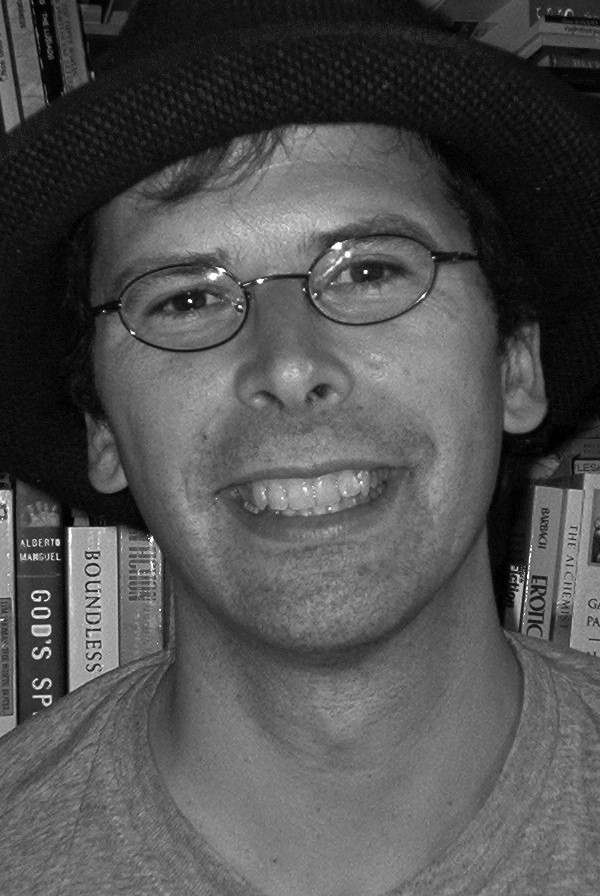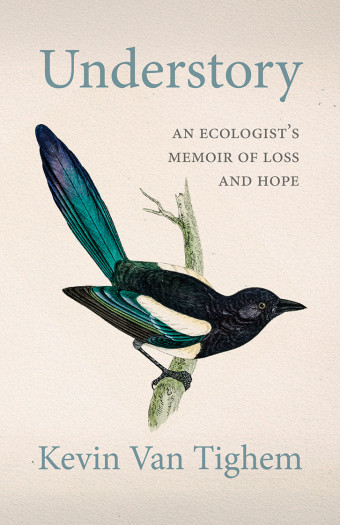In his memoir Trust the Bluer Skies: Meditations on Fatherhood, Alberta-based author paulo da costa writes to his four-year-old son, Koah, recording the details of their five-month stay with family in Portugal. In a series of letters, he shows his strong ties to his family, heritage, and culture – to the landscape of his youth.

- Trust the Bluer Skies
- paulo da costa
- University of Regina Press
- $27.95 Paperback, 288 pages
- ISBN: 978-08-89779-92-1
“I wanted to leave Koah with a glimpse of his experiences of the time when he first lived in the country of his father’s heritage,” says da costa. “In our contemporary western world, extended family ties have now generally broken down, so it is rare to encounter an oral legacy, a reflection and a mirror of what our childhoods were like through the family story lore.”
da costa feels that oral family stories are important narratives “to offer us a sense of our role, of who we were in the theatre scripts of our families,” and, as an older parent, he realizes he might not be around to share many stories with his children and grandchildren when they are older.
“This book will become a legacy to the beginning of their journey on this earth,” he says, “a link to an old and long family history, which they can pass on if they so wish.”
This collection of letters to his young son examines past and possible ways to develop male identities. da costa challenges several current cultural practices adhered to by his Portuguese family, such as pressuring boys into an obsession with competitive soccer, and he strives to nurture a compassionate and sensitive boy.
“In a time when men are being called to question their identities and roles in creating better communities,” he says, “this book explores the necessary changes that must begin in the manner we raise our boys. Our present or future will not improve without reflection and consciousness, without a willingness to make alternative choices. One cannot embark on a well-worn road and expect to arrive at a fresh destination.”

The “bluer skies” of the title evoke the future da costa hopes for. “The blue is a call to leave a better world for those who will come after me. An image that helps my gaze remain high, clear, and focused on what is possible. It is dreamy,” he says.
“In my eyes, it speaks to the clarity of seeing through, and farther into, newer horizons, seeing through the cultural conditioning I carry in order to move beyond limiting views of myself and the world.”
The book ends with another powerful image.
“The revolving door depicts the reality for those of us who maintain our connections to other countries and cultures through our active engagement and in visiting our extended families regularly. Our visits to Portugal are arrivals and departures that keep us in this perpetual motion of truly never leaving and truly never arriving. We hold both worlds and experiences, wherever we are, and we live in this revolving door that circles us back between two distinct realities,” says da costa.
“It is also a door that is always open. Open to welcome our longings. Open to welcome our belonging.”













